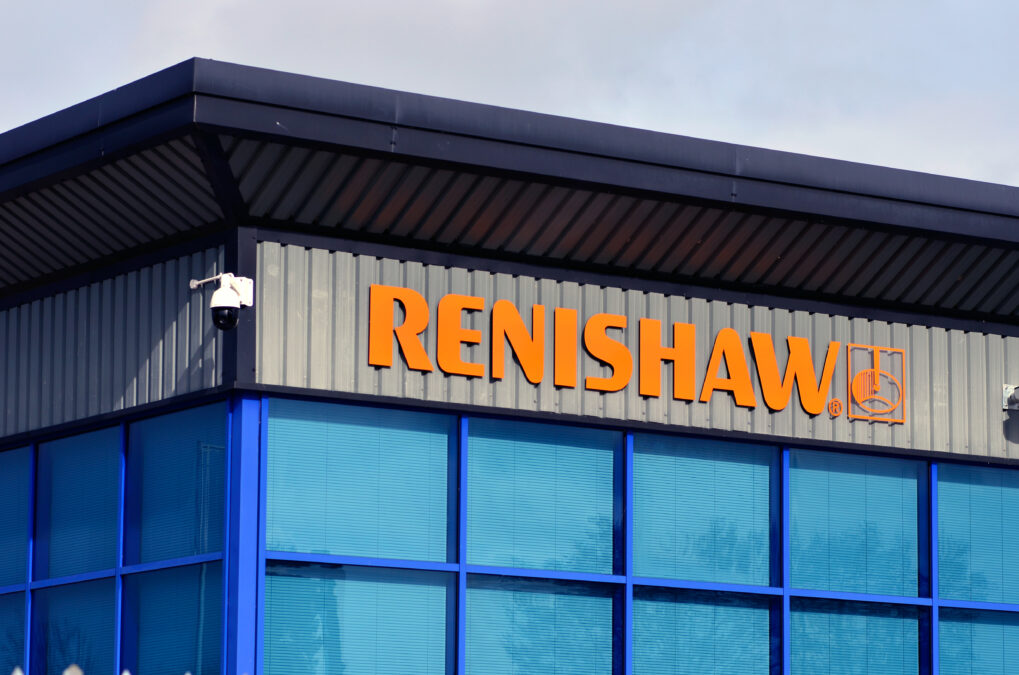29 November 2002 The fallout from the increasingly bitter row over the future of Unix-based systems has been brought into sharp focus with the publication of new server market statistics.
Revenue from sales of Linux-based servers soared by 26.7% during the third quarter of 2002, while Unix systems lost yet more ground, falling 10% on last year, according to IDC, the market research company.
The new figures add weight to the argument of the increasingly bullish anti-Unix lobby, which predicts years of slow and painful decline for the widely-deployed operating system.
This month, Michael Dell, founder and CEO of Dell Computer, launched a scathing attack on Unix, saying that open source-based servers will come to dominate, even at the high end of the market.
“Unix customers are paying more for less and they are starting to realise that,” he said. “In Linux we have found a Unix that is a better answer. We think Linux is the new Unix.” The comments echoed sentiments by Oracle CEO Larry Ellison who said, “Inevitably, the big machine will die.”
The pro-Linux lobby believes that as the hardware industry becomes more standardised, organisations will favour open-source software running on cheaper, Intel processors, even for the most sophisticated computing tasks.
But Dell’s views drew a stinging rebuke from John Gage, chief scientist of Sun Microsystems, the systems vendor that strongly supports Unix.
He recently told an audience of people from the intelligence community that it had been irresponsible of Dell to suggest that Linux-based servers were as reliable as proprietary Unix systems. “Would somebody please tell Michael that Linux is Unix? Michael’s a wonderful guy, don’t get me wrong, but this is not a game,” he said.
Sun’s version of Unix, Solaris, remains the operating system of choice for running mission-critical applications, he added.
Meanwhile, sales of Windows-based systems grew 3.2% in the third quarter, according to IDC.
The market researcher also found evidence that the worldwide server market as a whole is showing signs of stabilising after two years of decline.
Total third-quarter revenue reached $10.6 billion, down 5.6% on the same period in 2001. That represented the smallest-year-on-year decline since 2000.
IBM regained its leadership with a 29.8% share of the market, outperforming second-place Hewlett-Packard (HP), whose share fell to 27.2% despite the inclusion of revenues from Compaq Computer, the company HP acquired earlier this year. Dell was the only server vendor to record year-on-year revenue growth, with a 7.5% gain.





